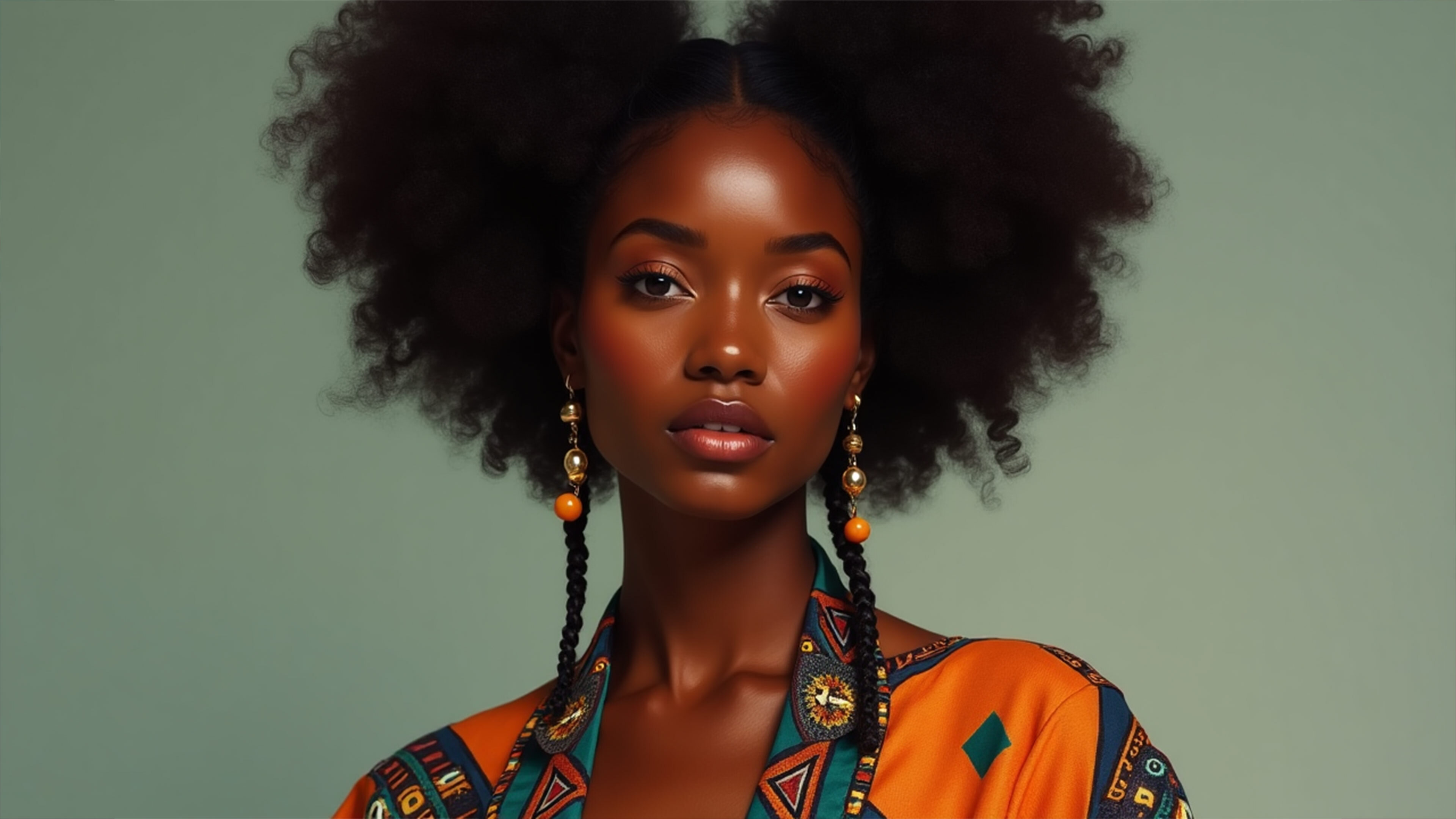



Why Do Most Black People Experience Hair Breakage?
Discover why most Black people experience hair breakage and learn the science behind it. Explore expert tips, causes, and solutions to strengthen and protect your natural hair for healthier growth.
Why Do Most Black People Experience Hair Breakage?
Understanding the Causes, Solutions & Healthy Hair Practices
Hair breakage among Black people is a common concern, but it’s crucial to understand that Black hair is not weak — it’s unique. Its distinct structure, paired with certain styling routines and environmental factors, makes it more prone to dryness and breakage if not properly cared for.
This guide explores why hair breakage happens, its root causes, and the best practices to keep your natural hair healthy, strong, and thriving.
1. The Science Behind Black Hair
Black hair’s beauty lies in its texture — but that texture also makes it more delicate.
Tightly Coiled Shape: Most Black hair types are curly, coily, or kinky. The natural bends in the strands create weak points where breakage can occur.
Reduced Sebum Distribution: The scalp produces natural oils (sebum), but these oils struggle to travel down the coiled hair shaft, leaving ends dry.
Fewer Cuticle Layers: Research shows African-textured hair may have fewer protective cuticle layers, making it more sensitive to friction, heat, and chemicals.
2. Dryness: The Leading Cause of Breakage
Dryness remains the number-one enemy of healthy Black hair.
Why dryness happens:
Harsh shampoos that strip away natural oils
Infrequent deep conditioning treatments
Limited moisture retention due to tight curls
Low water intake leading to internal dehydration
When hair lacks moisture, it becomes brittle, frizzy, and split at the ends — leading to inevitable breakage.
3. Over-Manipulation & Styling Stress
Black hair is incredibly versatile, but frequent manipulation weakens strands over time.
Constant combing, detangling, or brushing adds mechanical stress.
Tight braids, ponytails, and weaves cause tension, sometimes resulting in traction alopecia (hair loss along the edges).
Heavy wig or extension use without proper scalp care can hinder natural growth.
Tip: Opt for gentle, protective styles and give your hair rest periods.
4. Heat & Chemical Damage
Chemical and heat treatments are among the top causes of long-term breakage.
Relaxers, perms, and texturizers break down protein bonds, weakening hair fibers.
Flat irons and blow dryers lift the cuticle and strip moisture.
Combining heat with chemicals accelerates thinning and split ends.
Tip: Always use a heat protectant and limit styling frequency.
5. Lack of Proper Hair Protection
Nighttime routines matter as much as daytime care.
Cotton pillowcases absorb oils, drying your hair.
Sleeping without satin or silk protection leads to friction and breakage.
Switch to satin or silk bonnets, scarves, or pillowcases to maintain hydration and reduce split ends.
6. Diet & Internal Health
Your hair health begins within.
Deficiencies in iron, zinc, biotin, and protein weaken strands.
Stress and hormonal imbalances can trigger shedding.
Dehydration affects scalp health and hair elasticity.
A diet rich in omega-3s, lean proteins, and vitamins A, D, and E strengthens hair from the inside out.
7. Product Buildup & Wrong Products
The wrong product choices can sabotage healthy hair growth.
Heavy gels and pomades block follicles.
Sulfates, parabens, and alcohol-based formulas strip moisture.
Excess layering causes buildup, leaving hair dull and prone to breakage.
Tip: Stick to sulfate-free shampoos and hydrating conditioners.
8. How to Reduce Hair Breakage
Practical, proven steps to protect and strengthen your hair:
Moisturize consistently – Use water-based leave-ins, seal with shea butter, argan, or jojoba oil.
Protective styles – Try twists or braids, but avoid tight roots.
Limit heat & chemicals – Stretch time between relaxers.
Nighttime care – Use satin or silk to reduce friction.
Trim regularly – Remove split ends before they travel up the strand.
Balanced diet – Eat nutrient-rich meals and stay hydrated.
Writer’s Thoughts
Black hair is powerful, expressive, and full of life. Breakage doesn’t mean weakness — it means your hair needs intentional love and care. With moisture, protection, and patience, you can restore and maintain strength, shine, and resilience.
Join the Conversation
Do you struggle with hair breakage? What tips or routines have helped you achieve healthier hair?
Share your thoughts below — your experience could inspire someone else on their natural hair journey!
Black hair breakage, natural hair care, healthy hair growth, prevent hair breakage, protective styling, moisturizing tips for Black hair, avoid heat damage, natural hair routine


